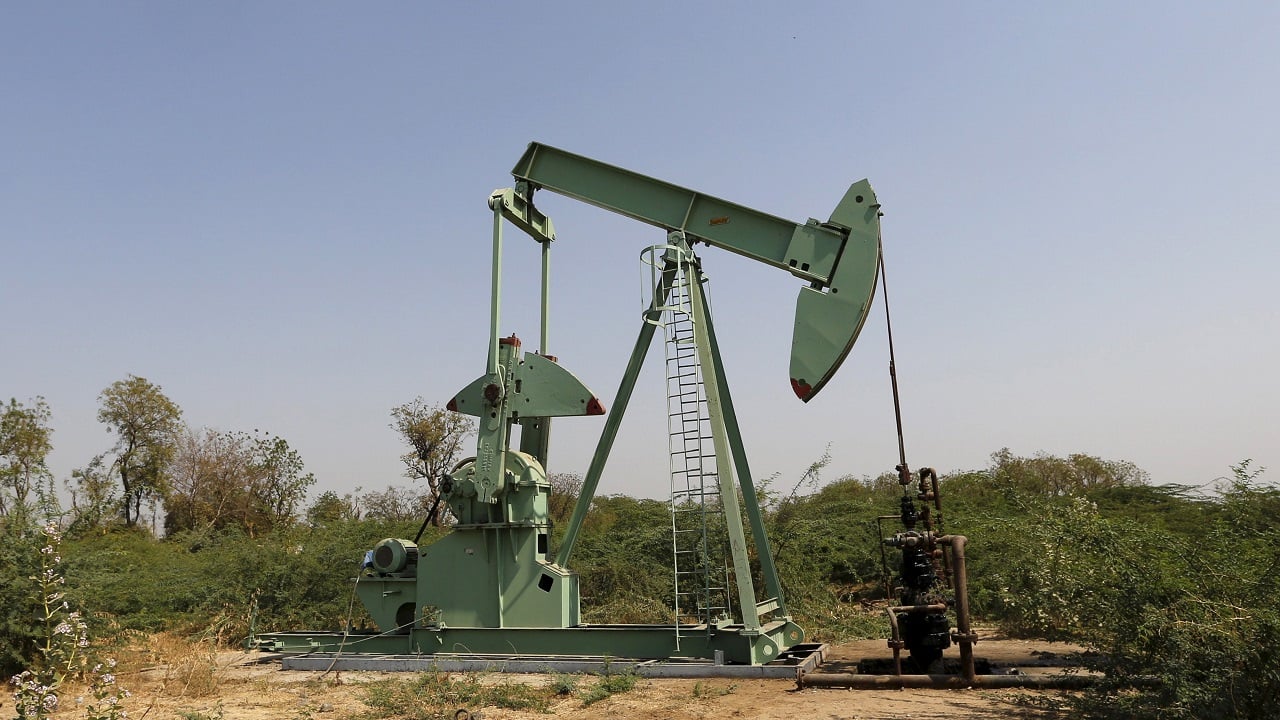Oil Prices Surge Amid Middle East Tensions Following Golan Heights Rocket Strike

Summary:
Oil prices have increased due to concerns about a broader conflict in the Middle East. This rise follows a rocket strike in the Golan Heights, heightening fears of further instability in the region.Key Insights:
-
Immediate Market Impact: The rocket strike in the Golan Heights has led to immediate concerns regarding oil supply disruptions, causing a sharp rise in oil prices. This reflects the market's sensitivity to geopolitical tensions in the oil-rich Middle East region.
-
Potential for Broader Conflict: The incident has the potential to escalate into a wider conflict involving multiple nations, which could further destabilize the region and lead to more significant disruptions in oil supplies.
-
Global Economic Implications: Rising oil prices can have far-reaching effects on the global economy, including increased costs for transportation and manufacturing, which could lead to higher inflation and impact economic growth.
-
Energy Market Volatility: The volatility in oil prices highlights the ongoing vulnerability of energy markets to geopolitical events, underscoring the need for diversified energy sources and strategies to mitigate such risks.
Takeaways:
The recent rocket strike in the Golan Heights has triggered a sharp increase in oil prices due to fears of a wider Middle East conflict. This situation underscores the fragility of global energy markets to geopolitical tensions and the potential economic ramifications of such events. It is crucial for stakeholders to monitor developments closely and consider strategies to mitigate potential disruptions.